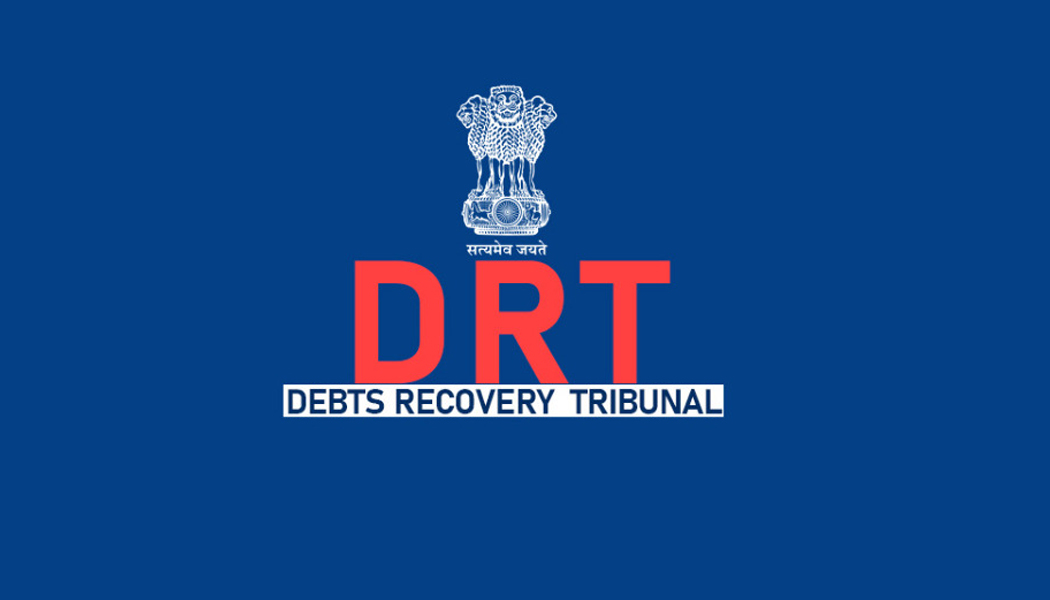
Can a borrower file a case in DRT?
Yes, a borrower can indeed file a case in the Debt Recovery Tribunal (DRT). While DRTs are often associated with creditors seeking to recover outstanding dues from borrowers, borrowers also have the right to approach the tribunal under certain circumstances. It’s important to note that DRTs are designed to provide a fair and efficient platform for resolving disputes related to debt recovery, and this extends to cases where borrowers have legitimate concerns or grievances.
Situations Where a Borrower Can File a Case in DRT:
- Challenging Loan Recovery: If a borrower believes that the creditor is unlawfully or unfairly attempting to recover a debt, they can file a case in DRT to challenge the recovery process. This could be due to alleged discrepancies in the loan agreement, disputes over interest rates, or other issues related to the terms of the loan.
- Defending Against Unjust Claims: Borrowers who believe that they do not owe the claimed debt due to valid reasons can file a case to defend themselves. This might involve disputing the quantum of the debt, citing errors in calculations, or presenting evidence of payments made that were not properly accounted for.
- Alleging Unfair Lending Practices: If a borrower contends that they were subjected to unfair lending practices, such as hidden charges, usurious interest rates, or misleading information during the loan process, they can approach DRT to seek remedies.
- Seeking Loan Restructuring: Borrowers facing genuine financial distress might approach DRT to request loan restructuring or modification. This could involve negotiating with the creditor for extended repayment terms, lower interest rates, or temporary relief from payments.
- Countering Secured Asset Seizure: In cases where the lender seeks to seize and sell a borrower’s asset (such as property) due to default, the borrower can approach DRT to challenge the seizure and protect their asset.
The Role of a Borrower’s DRT Lawyer in Indore:
When a borrower files a case in DRT, having legal representation is crucial. A DRT lawyer for the borrower can:
- Analyze the Case: Review the borrower’s financial situation, loan agreement, and circumstances to assess the viability of the case and potential defenses.
- Formulate Legal Strategy: Develop a strategy to present the borrower’s case effectively, including preparing legal arguments, collecting evidence, and identifying potential remedies.
- Negotiate Settlements: If appropriate, work with the creditor’s representatives to explore settlement options that could be mutually agreeable.
- Represent in DRT Proceedings: Present the borrower’s case in DRT hearings, cross-examine witnesses, and advocate for the borrower’s rights and interests.
- Navigate Legal Complexities: Help the borrower navigate the legal complexities of the DRT process, ensuring compliance with procedural requirements.
In summary, a borrower can indeed file a case in DRT, and the process is designed to provide a fair avenue for addressing their concerns and grievances related to debt recovery. Engaging a skilled DRT lawyer in Indore who can ensures that the borrower’s rights are protected and their case is presented comprehensively before the tribunal.
